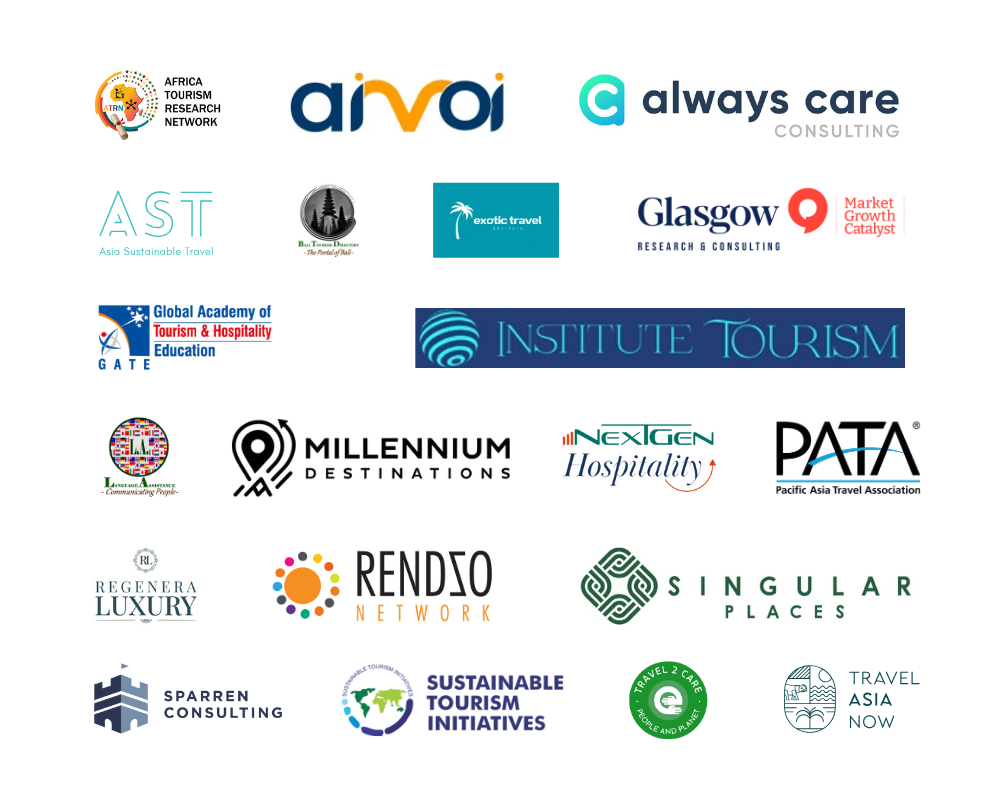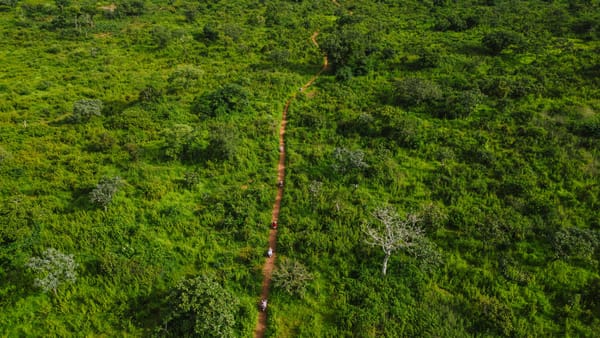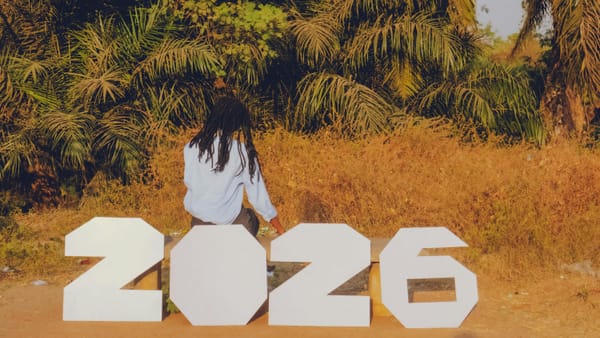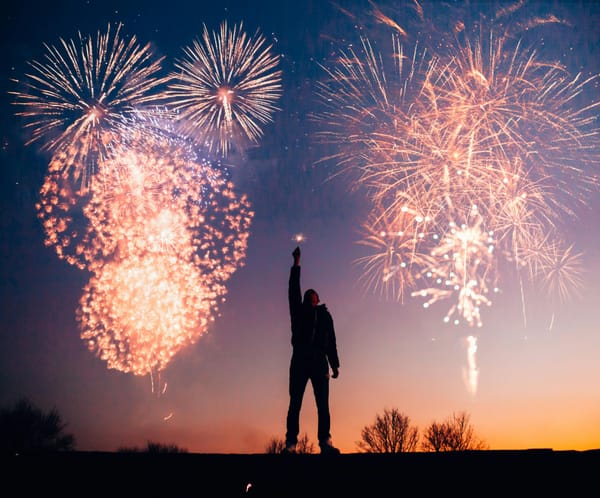Tourism 24 years after the attack on the World Trade Centre towers
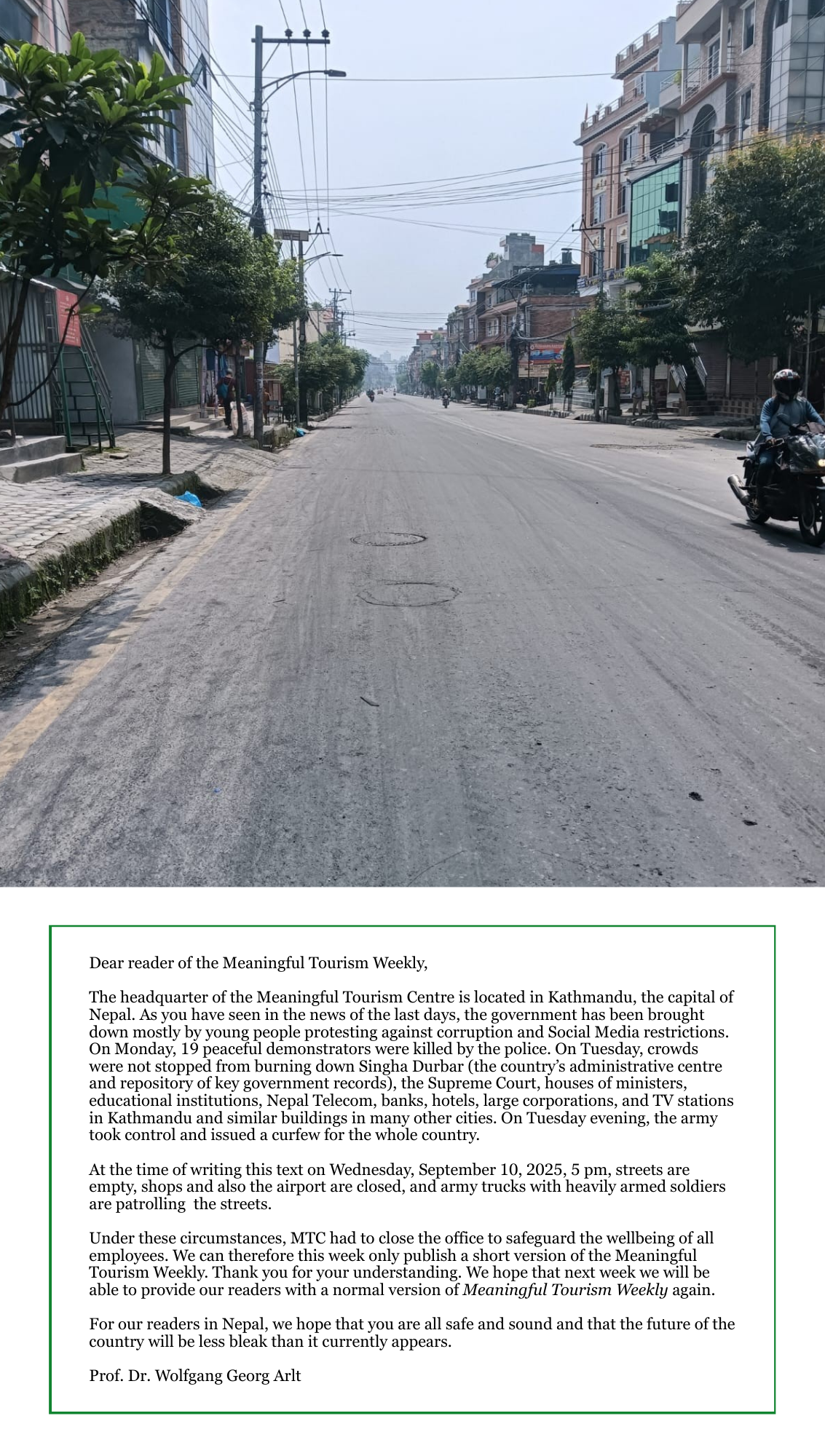

Dear reader,
the 11th of September, commonly spelt 9/11 in US-American English, is connected to four coordinated Islamist terrorist suicide attacks. Nineteen members of the al-Qaeda organisation hijacked four commercial airliners, crashing the first two into the Twin Towers of the World Trade Centre in New York City and the third into the Pentagon (headquarters of the U.S. Department of Defence, since this week renamed U.S. Department of War). The fourth plane crashed in Pennsylvania, probably brought down by passengers fighting with the hijackers.
24 years ago, both towers collapsed within two hours, while the Pentagon building was only slightly damaged. Around 3,000 people were killed, including an unknown number of undocumented workers in the restaurants and shops of the World Trade Centre. September 11, 2001 remains the day with the highest number of aviation deaths in the history of the global aviation industry.
Memorials to the attacks have become dark tourism attractions, including the National September 11 Memorial & Museum in New York City, the Pentagon Memorial in Arlington County, Virginia, and the Flight 93 National Memorial at the Pennsylvania crash site.
Many security measures were introduced in airports and on board, which remain in place until today, even though some like the limit to 100 ml for liquids or the switching of electronic devices to airplane mode have long been proven to be without effect or necessity.
For international tourism, 9/11 resulted in the first decrease in international arrivals since the start of global mass tourism in the 1970s. However, numbers recovered quickly and have doubled in the 24 years since the WTC towers collapsed, witnessed live globally by a shocked TV audience including your humble editor.
The attack not only killed and wounded thousands of innocent people, it also shattered the idea of the “end of history”, as famously proclaimed by the author Francis Fukuyama in 1992 after the fall of the Berlin Wall and what was considered then as the end of the Cold War. However, even with the fight against terrorists, including the Taliban in Afghanistan, the image of a world coming together in an ever-more complex globalisation, indicated for example by China joining the WTO in the same year as 9/11, persisted.
24 years later, it has become painfully clear that without peace, there can be no tourism and that the growing international tensions are just the opposite of what a sustainable Meaningful Tourism economy development needs.
The events in Nepal in the past days have reinforced this insight. We can only encourage all our readers to visit Nepal in the near future to help the local tourism industry through the difficult times ahead.
Your humble editor is therefore proud to announce that he has been invited to join the advisory group supporting the Universal Peace Sanctuary in Lumbini/Nepal, an initiative by H.E. Shyalpa Tenzin Rinpoche of World Economic Forum Davos fame. It will be a centre also for international visitors to the birthplace of Buddha and a symbol of tourism as a force for peace.
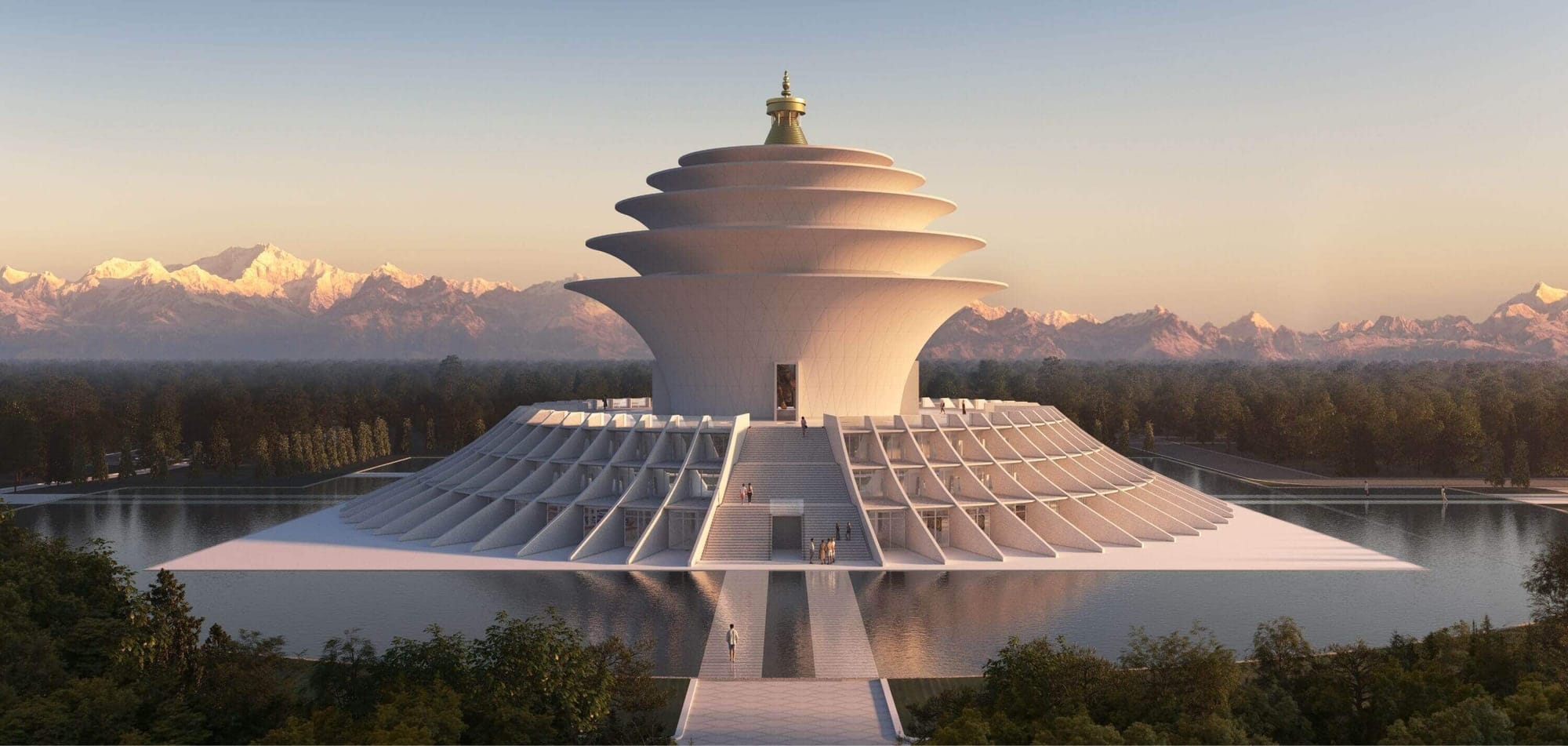
It was planned that in this edition of the Meaningful Tourism Weekly, we are starting a series of five guest articles written by our Certified Trainer Max Haberstroh, using the most famous theatre play by Johann Wolfgang von Goethe, Faust, to discuss the development and future of tourism including the darker side of the success story. Who is the ambitious Doctor Faust and who is Mephisto, the devil, in international tourism is a question worth pondering in these uncertain times. Hopefully, this series of articles will spark some new insights for all readers of the Meaningful Tourism Weekly.
Due to the circumstances described above, we will – hopefully – start with this series of guest articles in the coming weeks' edition.
As always, all best wishes from Prof. Dr. Wolfgang Georg Arlt and the whole Meaningful Tourism Weekly team in Kathmandu and in Manila!

About Meaningful Tourism Weekly
Meaningful Tourism Weekly is published every Thursday by Meaningful Tourism Centre (MTC) - London and Kathmandu in collaboration with Travel Asia Now, led by Rhea Vitto Tabora. This partnership enhances the newsletter’s professional production and distribution, bringing added value to our readers.
Each issue (except this week's) features Editorial, updates on MTC activities, a Best Practice Example, a profile of an MTC-certified trainer, news about upcoming events, and occasionally additional op-ed pieces from guest authors. Carefully selected news items, including videos and podcasts, are also included, with links to their original sources in the Meaningful Tourism News section.
Subscription to Meaningful Tourism Weekly is free, with the addition of a paid content section that includes a library of surveys, exclusive articles, conference presentations, and statistical data, offering subscribers invaluable resources.
Sponsorship opportunities are available for those interested in supporting this initiative.
For more information about MTC's training programs, market research, product adaptation, consulting services, conferences, strategy development, and marketing, visit our website or email us at info@meaningfultourismcentre.org.

